Disease susceptibility and genes in wheat
January 24, 2023
Last week we explored the ways scientists are working to diversify wheat genes to combat vulnerabilities to disease. This week, PhD candidate Nicola Walter takes us on a deep dive into gametocidal genes – selfish elements that preferentially transmit themselves to new plants by destroying those chromosomes that don’t have the gene. Gametocidal genes Genetic …
Can we improve heat tolerance in rice? An interview with Dr Jordan Robson
November 29, 2022
Jordan Robson works on heat tolerance in rice populations. She is a Postdoctoral Research Fellow with the Palaeobenchmarking Resilient Agricultural Systems project. Prior to this she completed her PhD in Prof Zoe Wilson’s lab in Plant Sciences at UoN. Tell me about your work. What is your research about? My research is based on …
Our technology platforms: Ionomics facility
August 23, 2022
Over the next few weeks we will be featuring stories about our different technology platforms, their work and research, and the facilities available to researchers. These are also featured in our 2021 Annual Report. Today, we turn our attention to the Ionomics Facility. Based in the Gateway building on our Sutton Bonington campus, the Ionomics …
Our technology platforms: Maker Space
August 15, 2022
Over the next few weeks we will be featuring stories about our different technology platforms, their work and research, and the facilities available to researchers. These are also featured in our 2021 Annual Report. Today, we turn our attention to the Maker Space. The MakerSpace is a design and innovation hub built to support research at …
Fascination of Plants Day 2022
May 26, 2022
This post is written by Dr Sina Fischer. The 18th of May 2022 was Fascination of Plants Day. Researchers invited young and old to come along and find out what was happening in the Plant and Food Sciences at the University of Nottingham. People from around the Sutton Bonington village but also as far as Loughborough …
Swift: A ten minute coffee with Dr Gabriel Castrillo
May 9, 2022
Dr Gabriel Castrillo is an Associate Professor in Plant Microbiomes and a member of the Future Food Beacon, where he started out as a Nottingham Research Fellow. Tell us about your research in 10 words or less… I examine plants interactions with microbes in the area of nutrition. Now, explain your research for a lay …
Adaptation in the face of adversity: unlocking the secret of the genome
October 20, 2021
How can we better understand plant responses to stress through their genomes? Prof Levi Yant and Dr Guillermina Mendiondo discuss different ways to look inside the world of plants. Life’s astonishing diversity is entirely the product of evolution. Adaptation of any organism to the environment, and the reflection of this adaptation – the evolution of …
Evolving grass pea from ‘orphan’ crop to staple food
September 8, 2021
This post is written by Drs Peter Emmrich and Levi Yant. Malnutrition from protein deficiency is a widespread problem and concern. Populations in the developing world are at particular risk due to the higher costs of animal proteins when compared to plant proteins. These populations therefore tend to rely on protein-rich plant-based foods like beans, …
Diversity of duckweed sites in Elgin, Scotland: Part four in a botanical tale of exploring natural variation around us
July 28, 2021
This post is written by Kellie Smith. After a successful duckweed hunt in the South East and West of England, featured in my previous blog posts, we then made our way north. We were headed to Scotland to see whether duckweed coverage was equally dense as in southern England and if different species compositions prevailed. …

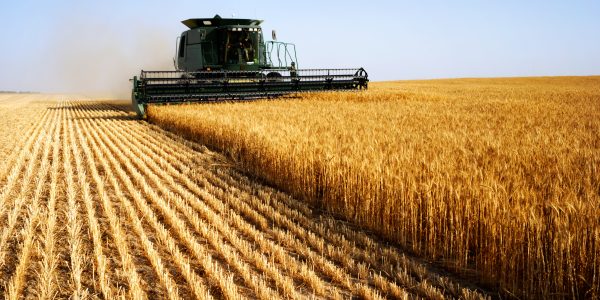
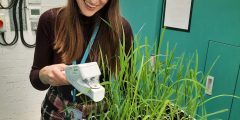
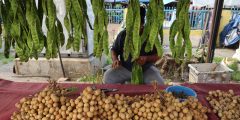
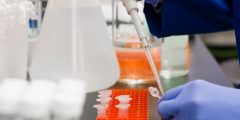
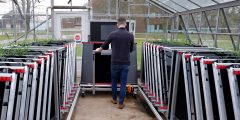


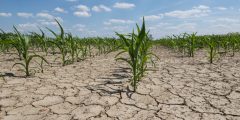
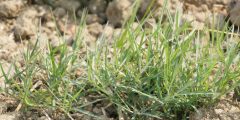
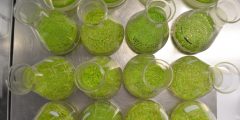
Recent Comments